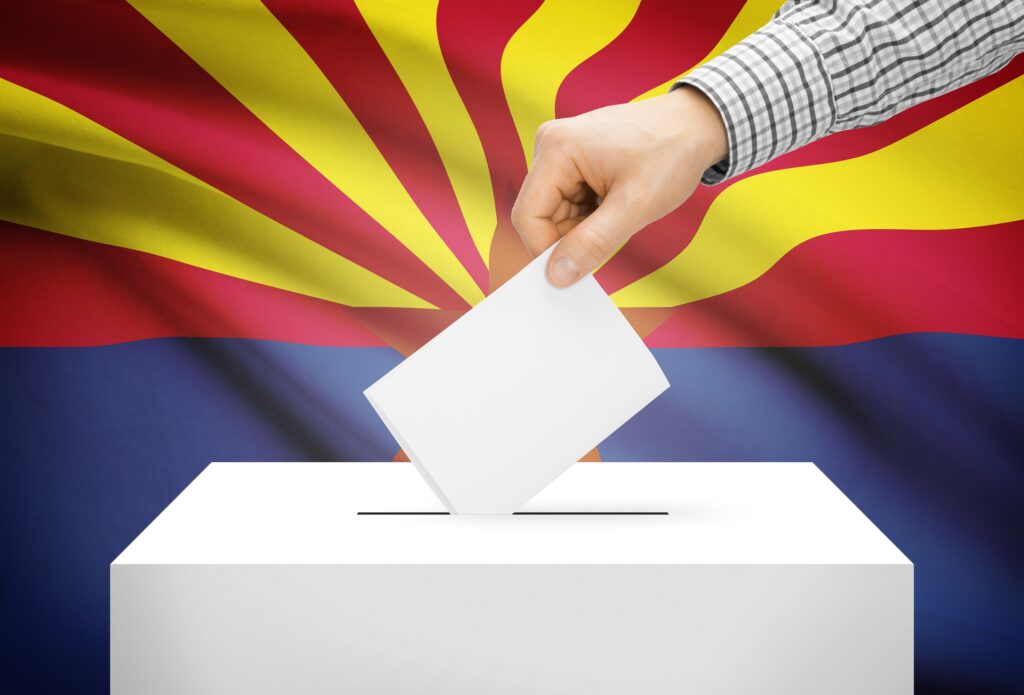Bringing Hormonal Birth Control Over The Counter
Authors
Key Points
In most jurisdictions obtaining hormonal contraceptives requires an office visit with a physician or advanced practice provider to obtain a prescription before filling it at a pharmacy. For people living in isolated or underserved areas or limited economic resources, this process is unduly burdensome and decreases access to contraceptive options.
A number of medical organizations, including the American College of Obstetricians and Gynecologists and the American Medical Association, have endorsed over-the-counter access for oral contraceptive pills. They cite the product’s lengthy record of safety and efficacy, as well as studies showing that patients can accurately self-screen for potential contraindications.
Emergency contraception’s transition from prescription only to over-the-counter demonstrates a pathway to deregulation of other hormonal contraceptives. Since emergency contraception is not intended to be used as a primary method of birth control, expanding access to highly effective contraceptive methods may help decrease the persistently high rate of unintended pregnancy.
Press Release
R Street Institute: Women should have access to over-the-counter hormonal birth control
Media Contact
For general and media inquiries and to book our experts, please contact: pr@rstreet.org
Introduction
Since its introduction to the market in 1957, hormonal contraception has been a topic of debate. However, whereas the focus used to be on the morality of its use, today, 91 percent of Americans consider it morally acceptable. Moreover, the World Health Organization (WHO) recognizes contraception availability and use as an indicator of individual and societal health. In fact, the WHO emphasizes that: “Promotion of family planning— and ensuring access to preferred contraceptive methods for women and couples—is essential to securing the well-being and autonomy of women, while supporting the health and development of communities.” As a result of such general acceptance, the focus of today’s debate has largely shifted toward best practices surrounding the use of birth control as a public health intervention, including increasing availability to women or integrating prescribing into routine medical screenings.
Currently, and for the majority of women in the United States, access to non-barrier, self-administered birth control methods can be obtained only through a three-step process that requires a physician consultation, a prescription and then a pharmacy visit. And thus, while birth control is legal and widely prescribed, it is not necessarily easily obtained, as it requires time, transportation and money.
Despite such barriers, throughout its long history, hormonal birth control has proven to be a safe and effective form of family planning. And, in recent years, birth control advocates have made great strides to expand insurance coverage and decrease out-of-pocket costs. However, it is also vital to address the unnecessary, top-down regulatory hurdles women face when acquiring birth control. Doing so will not only greatly improve access but will also improve measures of health for women who use it, including fewer unintended pregnancies, decreased risk of cancers, management of gynecological disorders and improved regularity of menstrual cycles.
Since the 1960s, popular hormonal contraceptives have only been available by prescription in the United States. In more recent years, however, medical professionals have questioned the necessity of keeping these methods prescription-only.
Accordingly, many groups, such as the American College of Obstetricians and Gynecologists (ACOG), the American Academy of Family Physicians (AAFP), the American Medical Association (AMA), the American Nurses Association (ANA) and the North American Society for Pediatric and Adolescent Gynecology, have called for over-the-counter access to birth control pills.
Such calls for regulatory reform have received bipartisan support, as removing burdensome regulations will directly improve public health by expanding opportunities for women to control their reproductive health and plan their childbearing. Given that the distribution of hormonal birth control in the United States is a function of both the state and federal governments, now is the time to take advantage of this opportunity to both improve public health and to respect and promote the principles of limited government.












